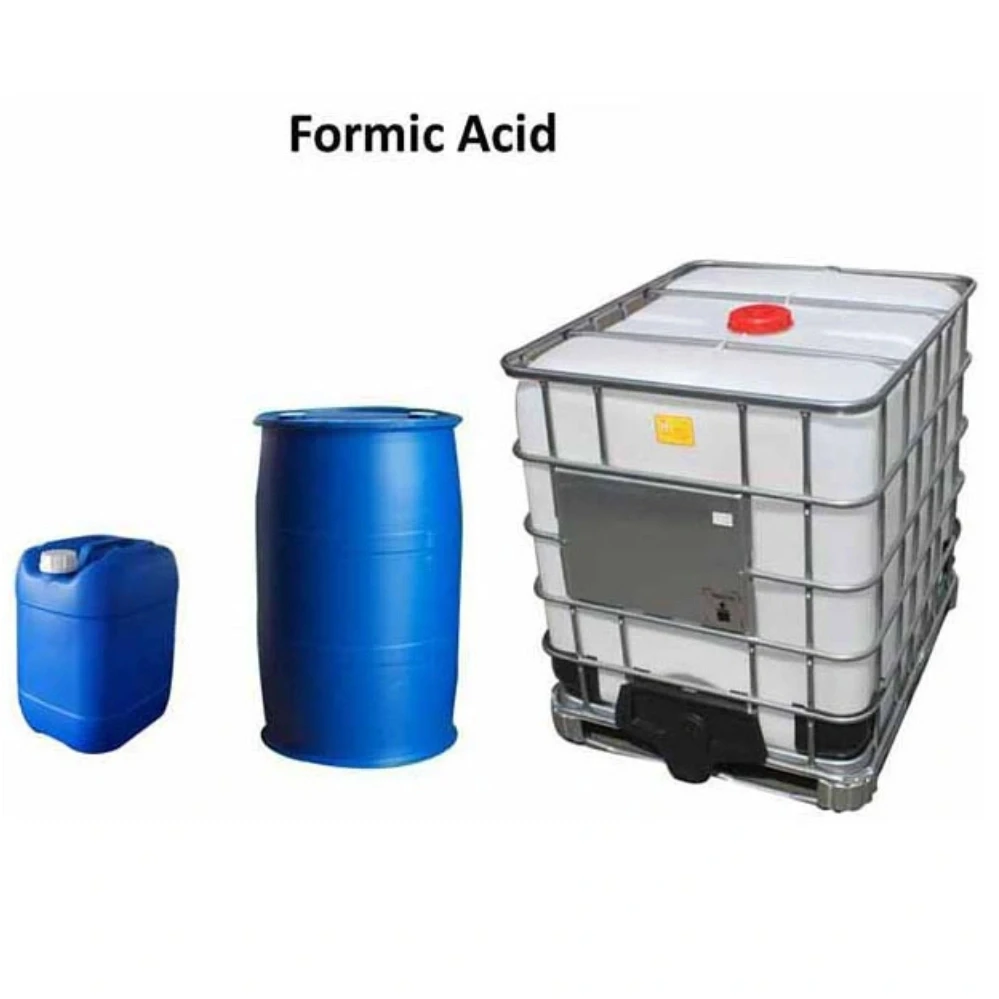



swimming pool water treatment methods
Swimming Pool Water Treatment Methods Ensuring Clean and Safe Waters
Maintaining a clean and safe swimming pool is crucial for the health and enjoyment of its users. Effective water treatment methods are essential to prevent the growth of harmful microorganisms and to ensure that the water is not only clear but also safe for swimming. There are several techniques commonly used to treat swimming pool water, each with its own advantages and limitations. This article will explore the most popular water treatment methods, including chlorine disinfection, saltwater systems, UV treatments, and advanced oxidation processes.
Chlorine Disinfection
Chlorine is the most widely used chemical for swimming pool water treatment. It acts as a powerful disinfectant, effectively killing bacteria, viruses, and other pathogens present in pool water. Chlorine can be added to the water in various forms, including liquid, granular, and tablet forms. When chlorine is introduced to water, it forms hypochlorous acid, which is highly effective at sanitizing water.
However, maintaining the correct chlorine levels is critical. Ideally, free chlorine levels should be between 1 to 3 parts per million (ppm) for optimal sanitation. Regular testing and adjustment of chlorine levels are necessary to ensure safety. Additionally, chlorine can produce chloramines when it reacts with organic substances like sweat and urine, leading to unpleasant odors and skin irritations. Therefore, routine shocking of the pool, which involves raising chlorine levels temporarily, is essential to eliminate these compounds.
Saltwater Systems
An alternative to traditional chlorine methods is the saltwater system, a process that generates chlorine on-site through electrolysis. In a saltwater pool, salt is dissolved in the water, and a salt cell converts this salt into chlorine. This method offers a more stable chlorine level and reduces the need for manual chlorine addition, making it a popular choice among pool owners.
Saltwater pools are often perceived as more gentle on the skin and eyes compared to conventionally chlorinated pools, as the lower chlorine levels can minimize irritation. However, it is important to monitor salt levels and maintain the equipment to prevent potential corrosion of pool fixtures and surfaces.
swimming pool water treatment methods

Ultraviolet (UV) Treatment
UV treatment is an advanced water treatment method that uses ultraviolet light to disinfect pool water. As water passes through a UV chamber, UV light penetrates and destroys the DNA of bacteria and viruses, making them unable to reproduce and causing them to die off. While UV treatment is not a standalone solution, it effectively reduces the need for chlorine and helps control chloramines, resulting in clearer and healthier swimming water.
The primary drawback of UV treatment is that it does not provide residual disinfection; thus, it should be used in conjunction with traditional methods like chlorine or bromine to ensure continued water safety.
Advanced Oxidation Processes (AOP)
Advanced Oxidation Processes (AOP) combine different oxidants, such as ozone and hydrogen peroxide, to create a powerful disinfecting agent. AOP treats contaminants through oxidation, providing significant benefits in water clarity and safety. This method is particularly effective in removing organic matter and micro-pollutants, making it a promising option for modern pool systems.
Although AOP can be more expensive due to the required equipment and maintenance, its efficiency in achieving high water quality standards makes it an appealing choice for some pool owners.
Conclusion
In conclusion, maintaining the water quality of a swimming pool is paramount for the health and enjoyment of its users. Various water treatment methods, including chlorine disinfection, saltwater systems, UV treatments, and advanced oxidation processes, each provide unique benefits and challenges. By understanding these methods and choosing the most suitable combination for their needs, pool owners can ensure that their swimming environments remain clean, safe, and enjoyable for all swimmers. Regular monitoring and maintenance remain key factors in successfully managing swimming pool water quality.
-
Why Sodium Persulfate Is Everywhere NowNewsJul.07,2025
-
Why Polyacrylamide Is in High DemandNewsJul.07,2025
-
Understanding Paint Chemicals and Their ApplicationsNewsJul.07,2025
-
Smart Use Of Mining ChemicalsNewsJul.07,2025
-
Practical Uses of Potassium MonopersulfateNewsJul.07,2025
-
Agrochemicals In Real FarmingNewsJul.07,2025
-
Sodium Chlorite Hot UsesNewsJul.01,2025










